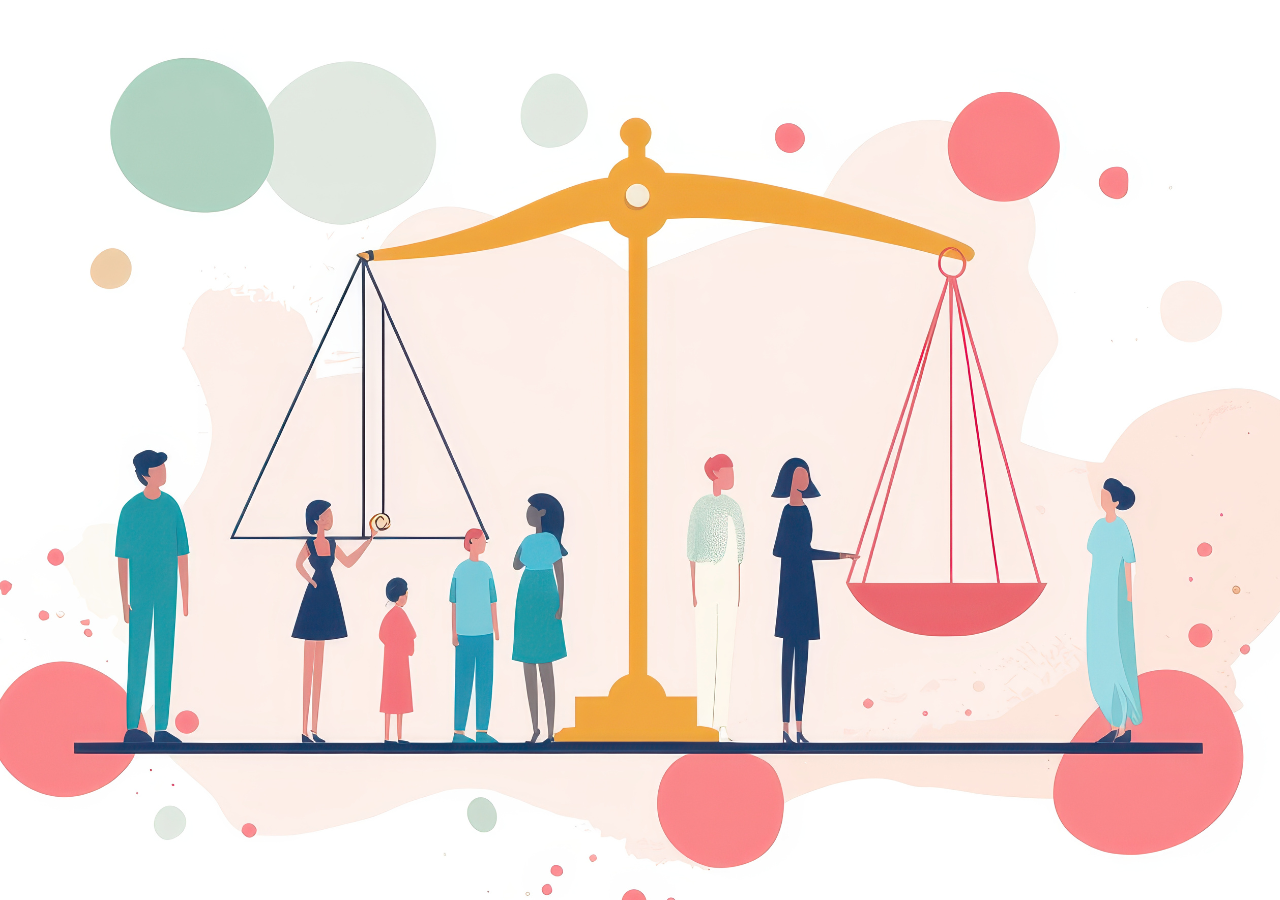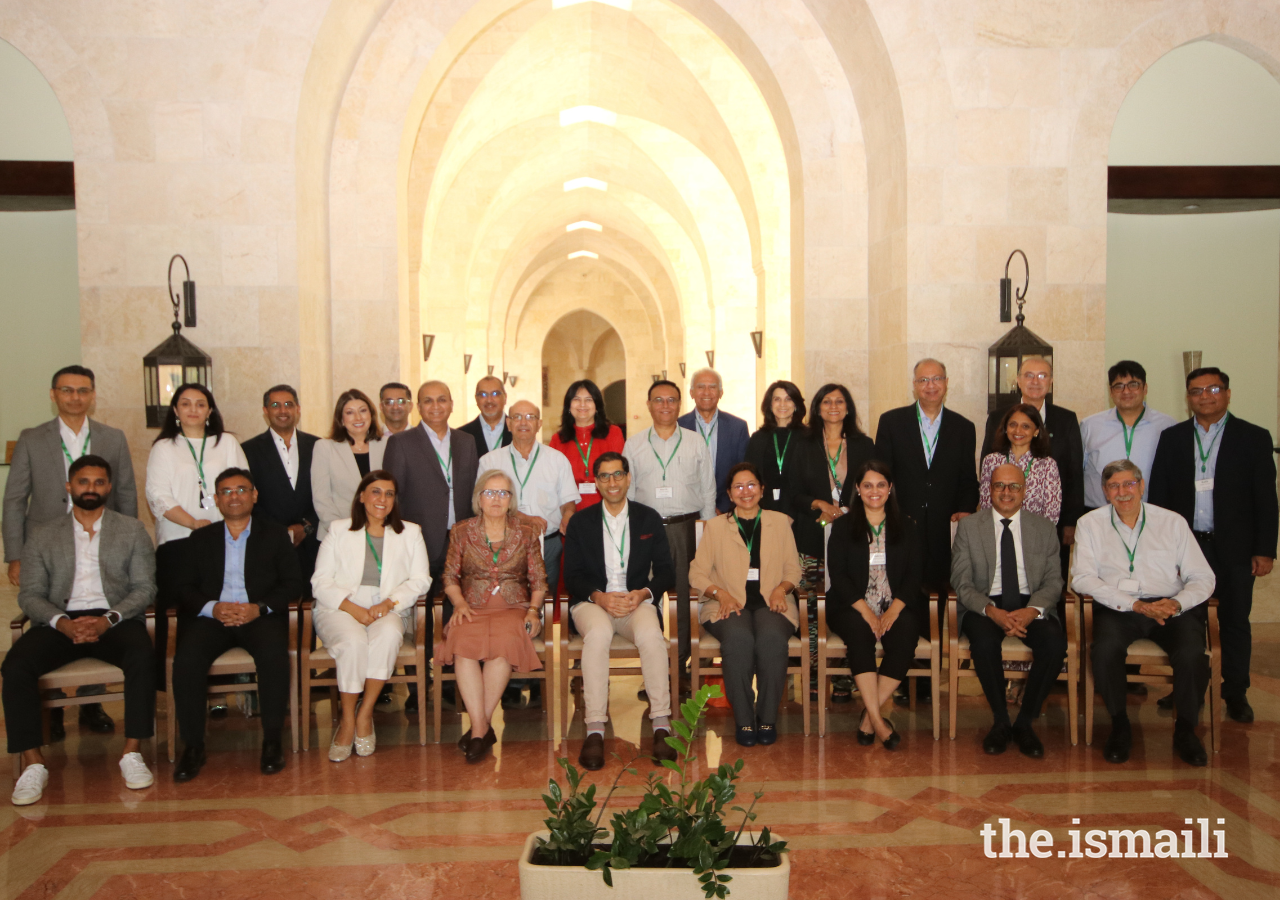Conflicts can stem from disagreements over business decisions, finances, and expectations, as well as differences in values, lifestyles or parenting styles, and communication breakdowns.
It is crucial for individuals to recognise the signs of unhealthy conflict and take steps to resolve disputes. These signs can also manifest as passive-aggressive behaviour, frequent bickering, or even escalate to verbal altercations (or worse), which can have long-lasting effects on the mental and physical well-being of those involved. Understanding the underlying causes is crucial for addressing and resolving conflicts to enable a more harmonious environment.
Fortunately, the Ismaili community has an institution with a purpose of resolving such conflicts and disputes while also promoting a harmonious environment: the Conciliation and Arbitration Board, or CAB.
Throughout its history, the Shia Ismaili Muslim community has maintained a tradition of resolving disputes and differences through a voluntary process of mediation, conciliation and arbitration. In 1986, Mawlana Hazar Imam established a global institutional framework of CABs to provide dispute resolution services for Ismailis at the regional, national, and international levels.
CAB’s mediation services provide individuals an opportunity to resolve disputes in a way that is underpinned by the Islamic principles of unity, justice, tolerance, peace, and goodwill. It helps to ensure that all parties feel safe, heard, and valued, and that the process of reaching a mutually acceptable outcome is fair and equitable—essential for fostering trust and cooperation.
Key attributes of mediation include that it is confidential, efficient and promotes collaborative problem-solving and understanding, rather than adversarial approaches. The aim is to maintain familial and communal harmony, reestablish peace, and provide individuals the experience to handle future disagreements constructively.
To achieve this end, CAB members are equipped to help facilitate the type of dialogue described. Throughout the duration of their 3-year term, CAB members receive extensive training by leading mediation professionals and trainers, including members of ICAB's global Certified Training faculty. Several National CABs have been recognised by judicial systems and ADR organisations as being a leader in ADR services.
ICAB, the international body overseeing the CAB system, reports directly to Mawlana Hazar Imam and plays a crucial role in coordinating the global CAB system, developing rules, policies, and programmes, and facilitating the sharing of best practices.
This summer, ICAB and the Chairs of the National CABs from around the world convened at the Ismaili Centre Dubai to discuss ongoing work and exchange current ideas and successes in mediation and conflict prevention. This year’s conference emphasised sharing best practices in managing commercial and complex international disputes, and promoting the Guidelines for Ethical Wealth Transfer and Inheritance Planning. Other focal points included mediation training, monitoring and evaluation, and strategies to assist other institutions in preventing and managing conflicts.
By bringing together all CAB Chairs, ICAB reinforced its dedication to professionalising its services, developing best-in-class dispute resolution solutions, and contributing to the development and progress of a resilient community that can withstand challenges and thrive.
Throughout this week, lookout for videos, posts and announcements on the benefits of mediation. And if you have any further questions, please reach out to your local CAB members.
--
Conciliation and Arbitration Boards operate in all 20 jurisdictions of the Jamat. For more information and to contact the CAB in your region, visit the CAB website.









